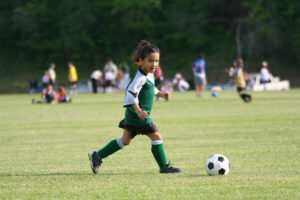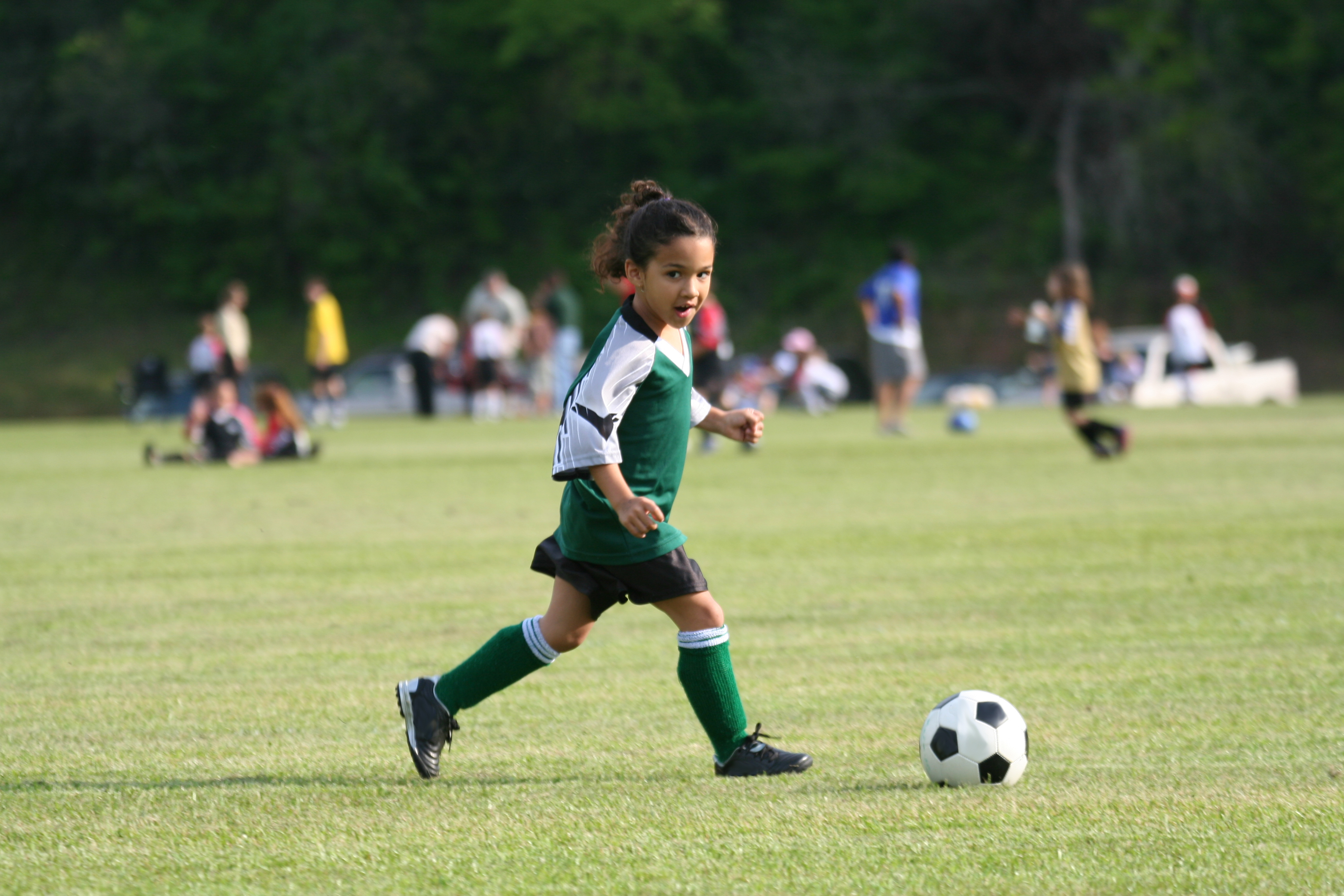Your Child and Sports – The Effects of Early Specialization

Many parents of youth athletes believe that a high dose of a single sport at an early age is the best – and perhaps the only – way to achieve athletic stardom. This trend is accelerating, despite the fact that evidence suggests several downsides to year-round training in one sport (to the point that participation in other activities is limited or precluded) before a child reaches adolescence.
To be clear, early specialization is not the same thing as an early start, which is generally positive and important in many sports, such as gymnastics, tennis, and hockey. Rather, the problems stem from an increasingly professionalized approach to youth sports, which may be a result of a number of factors, including a burgeoning youth sports industry, a “herd” mentality, and parents who emphasize winning over the best interests of their children over the long run.
To help you sort through the myths so you can make well-informed decisions about your child’s participation in sports, here are some of the advantages and disadvantages of early specialization. First, the benefits:
- Some experts believe that early specialization can be helpful in certain sports, particularly those in which peak performance generally occurs before early adulthood, such as figure skating.
- This approach can lead to early success, which can enhance an athlete’s self-esteem and motivate him or her to continue on in a sport.
- It will also naturally eliminate some competitors after they become discouraged and self-select out when they are unable to achieve comparable success because they haven’t devoted the time required to fully develop their skills.
But, for the majority of young athletes, the negative consequences of early specialization outweigh the positives. For instance, studies show that early specialization in sports can:
- Increase social isolation and interfere with psychological development
- Hinder the development of varied motor skills by limiting the range of those that are regularly practiced
- Lead to overuse injuries
- Prematurely foster adult interests and values
- Shorten an athletic career – and lead to adult physical inactivity – due to burnout, stress, or a lack of enjoyment
For most children, multi-sport participation is probably best. In general, this approach can lead to better overall motor and athletic development, longer playing careers, and an increased ability to transfer sports skills other activities, as well as enhanced confidence, motivation, and ownership of the experience.
If you have questions or would like further information about family health and wellness, you can contact or visit the South Tampa Immediate Care walk-in clinic today.













